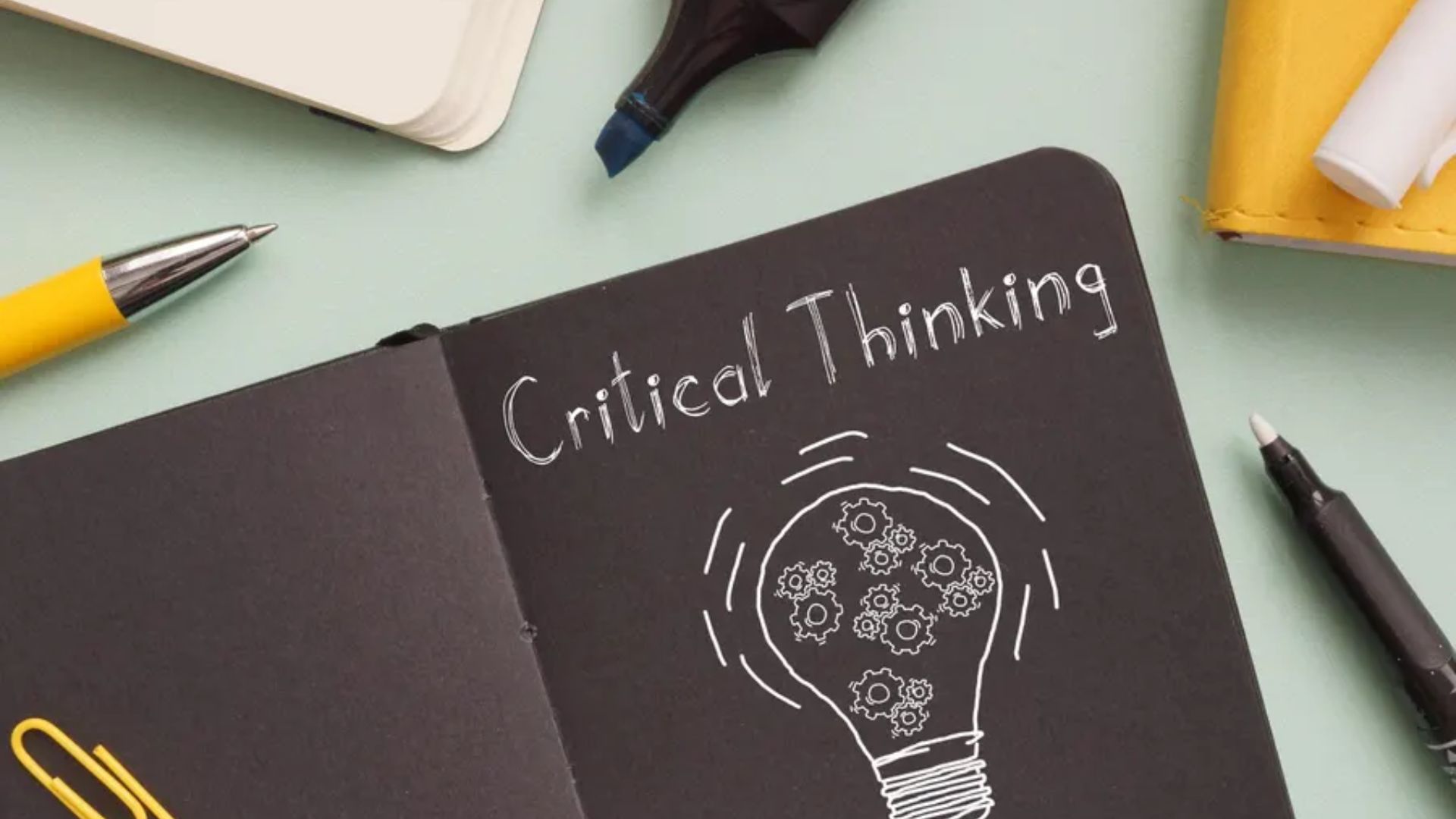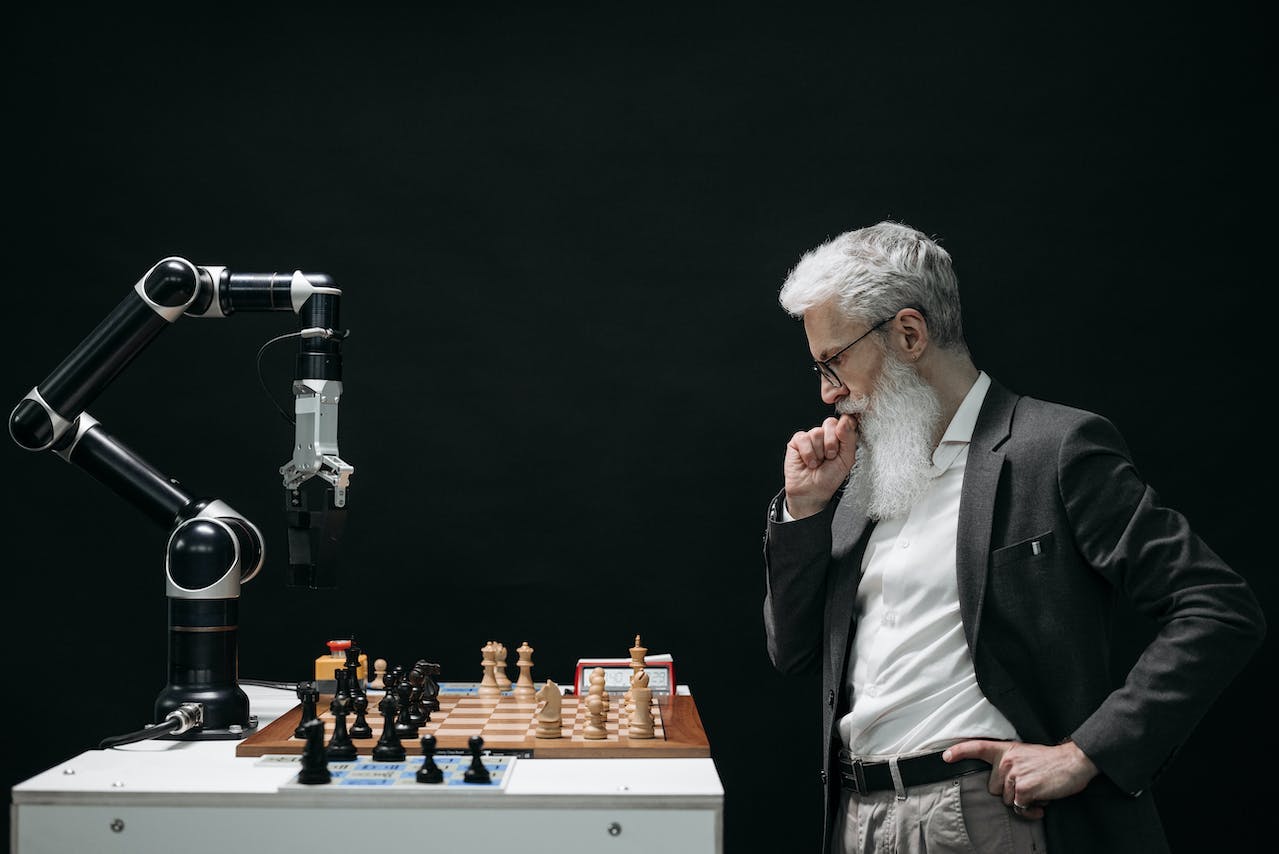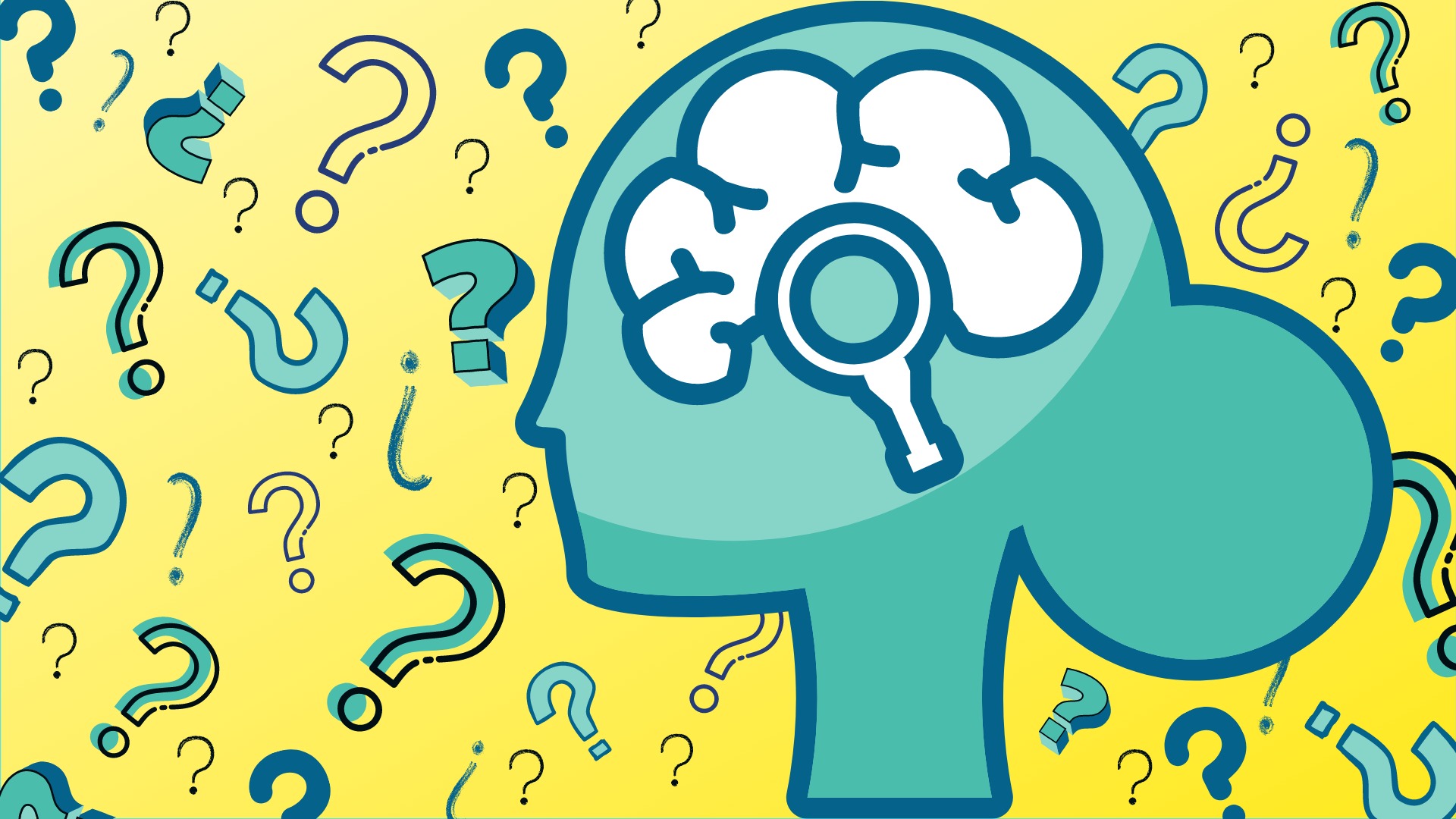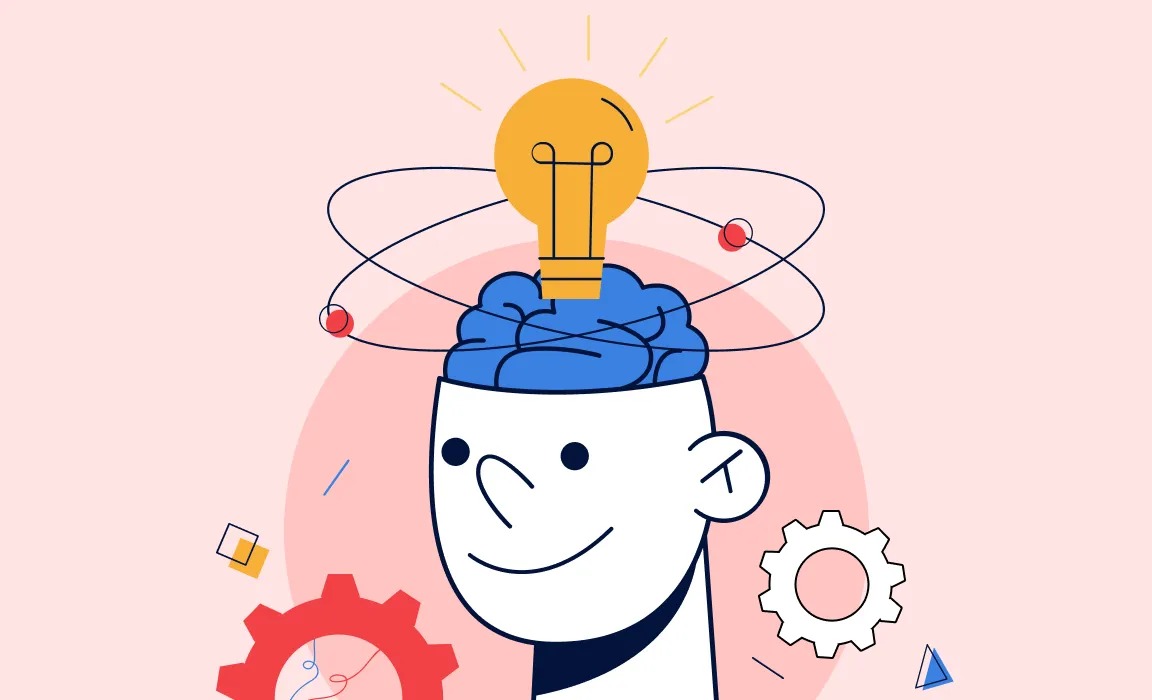
In the intricate tapestry of life, the decisions we make serve as the threads that weave our experiences. The quality of these decisions profoundly influences our journey, shaping the contours of success and happiness.
At the heart of conscious and impactful decision-making lies a powerful tool of critical thinking. Its importance reverberates not only in personal choices but also resonates as an essential soft skill in the professional arena. Critical thinking is the linchpin that empowers individuals to navigate the complexities of their careers, solve problems, and build strategies for success.
As we delve into the nuances of what critical thinking entails and why it is integral to both personal and professional growth, we unravel the multifaceted importance of Critical Thinking Skillsin shaping a fulfilling and successful life.
What Is Critical Thinking?
Critical thinking is the process of using logic to figure out what to do or believe in a given scenario. Employees who can think critically are self-aware, able to work alone, and skilled. You can connect ideas clearly, look closely at and judge arguments, find mistakes and inconsistencies in your work and the work of others, solve complex problems, and think about what you've done.
A person who can think critically not only gathers information well but also knows how to use it to figure out facts and results. Critical thinkers are often better at solving problems than people who remember facts because they can picture what might happen.
This is why companies value critical thinking, especially in jobs where coming up with strategies is a big part of the job. Critical thinking is a "soft skill," which means that it's something that comes naturally to a person. Still, this is a skill that can be learned.
General Importance Of Critical Thinking
- Enhanced Decision Making - People who can think critically can look at all the information they have access to and make well-informed decisions instead of deciding what to do based on feelings or a lack of information.
- Problem Solving - It helps you think about problems systematically and logically, which lets you come up with workable answers after a careful analysis.
- Independence of Thought - People who are critical thinkers don't need other people to tell them what to believe because they know how to evaluate knowledge on their own.
- Discernment of Information- It's essential to be able to tell the difference between reliable sources and ones that spread false information or bias.
- Improved Communication- Critical thinkers can explain their ideas, what they understand, and why they believe what they do, which makes arguments and discussions more useful.
- Broadened Perspective- It helps people be more open-minded and see problems and situations from different points of view.
- Academic Success - To understand complicated ideas, judge arguments, and put together knowledge from different sources, you need to be able to think critically.
- Personal Growth- It helps people think about their thoughts and actions, which helps them understand their views, values, and actions better.
- Adaptability- People who can critically think about new information and understand what it means are better able to adapt to changing settings or situations.
- Ethical Considerations - When you think critically, you often think about how your choices affect other people, which helps you make better moral decisions.
- Prevention of Problems - Critical thinkers can avoid some problems by imagining what problems might happen and weighing the pros and cons of different options.
- Enhanced Creativity - Critical thought and creativity may seem to be at odds with each other. Still, they can actually work together to make creativity better by helping people understand problems better, which can lead to new ways to solve them.
What Is Critical Thinking Important In The Workplace?
Now that you have a general idea of what critical thinking is let's look at how it works in the workplace. It is thought that most people need to gain critical thinking skills, even though they are helpful for workers at all levels.
A study from Rebootsays that 95% of people who answered think it's essential to be able to think critically in today's world. But 85% of those people think that most people don't have these skills. This means that even though critical thinking is an important skill, only a few people work to improve it.
Critical thinking skills help people in a fast-paced and changing businessworld understand complicated situations, spot possible risks and chances, and come up with good plans. Employers want to hire people who can think critically, objectively evaluate material, question assumptions, and come up with new ways to solve problems.
Critical thinking helps people deal with problems in a more organized and reasonable way, which leads to better decision-making and faster problem-solving. Critical thinkers are also good at gathering and analyzing relevant information, which helps them make intelligent decisions.
Additionally, critical thought helps people communicate and work together better at work. Employees who can clearly state their opinions, actively listen, and argue civilly are more likely to contribute to valuable discussions and come up with new ideas. Because of this, critical thinking is an essential skill for the job.
Importance Of Critical Thinking In Education
Enhancing Creativity And Curiosity
When students are told to think critically, they always become interested in what's going on around them. Students want to analyze and make sense of events and material because they are genuinely interested in them. As a result, they come up with their ideas, most of which are outside the box. This makes them more creative.
Promoting Self-Assertion And Self-Reflection
Self-discipline, self-monitoring, and self-corrective thinking are the main parts of critical thought. When someone thinks critically, they do it on their own. The person takes on the issue at hand, and they have a deep subjective understanding of it.
Critical thought is an essential part of learning because it helps students think about their points of view and understand them.
Boosting Career Prospects
You don't have to think critically in school. Since COVID-19, the new economy depends a lot on a mobile workforce and workers who can look at information from different sources and come up with creative ways to solve problems.
In a job where things change quickly, people who can think critically will be valued.
How To Improve Critical Thinking Skills
These steps will help you think more critically.
Evaluate New Information
To learn how to think critically, you must first evaluate knowledge before you accept it. Intelligent people always try to find the objective truth in what they read or hear.
In order to do this, these workers evaluate by thinking about problems and ways to solve them. Evaluation is the process of checking out new knowledge and thinking about what might happen.
Consider The Source
It would help if you thought about where your information is coming from. For instance, if new information comes from an ad, knowing that the ad is a form of marketing meant to sell a product will help you figure out if it might be biased.
Practice Active Listening
To really hear what the other person is saying, use active listening methods, which are based on empathy.
Some critical thinking is figuring out what someone is saying by reading their body language, the words they use, and how they sound when they speak. Then, sum up what they said to make it more straightforward so that everyone is on the same page.
Develop Your Logic And Reasoning
This is a more general job that needs practice and growth over time. But imagine a teacher looking around the classroom to figure out how to make the lesson more interesting.
You can play a game, watch a movie, or set a challenge with a reward system for the students. You could use your brain to figure out that the prize system will take too much time and is not a quick fix.
Ask Lots Of Questions
When you want to get better at critical thinking, you should learn how to ask good questions. When you are given information, you need to figure out what questions will help you better understand it.
Follow Up With Research
It would help if you did your study before you can think critically and form your own opinion. You can use tools like the internet to learn as much as you can about a problem once you have a list of questions that need answers.
Form An Opinion
You can form an opinion once you know the answers to essential questions. The steps to thinking critically have helped you get to this point, where you can be sure that your view is based on facts and logic.
Benefits Of Critical Thinking
Strong critical thinking skills are sought after by employers because they are seen as valuable assets that can help solve complex problems and make intelligent choices. We know that critical thought is good for society as a whole, but what are some benefits for a single person? Why is it essential for us to think critically?
Key To Career Success
Many jobs require you to be able to think critically. People in a lot of different jobs, like lawyers, doctors, writers, engineers, accountants, analysts, and scientists, need to be able to think critically.
The World Economic Forum says that critical thinking is one of the most valuable skills for the workplace because it helps people think critically about the material, come up with new ways to solve problems, and make plans.
Better Decision Making
There's no question about it: people who can think critically are smart. A lot of the time, we think critically without even realizing it. It helps us deal with everyday problems as they come up. It makes us trust our judgment and think for ourselves.
Can Make You Happier!
Being in touch with yourself and fully knowing why you think the way you do can make you happier, even if other people don't notice it. This can help you get to know yourself better, which can help you stay away from harmful or limiting beliefs and focus on your skills. Sharing your thoughts with other people can make your life better.
Form Well-Informed Opinions
No lack of knowledge is coming at us from every direction. For that reason, we need to use our reasoning skills and choose for ourselves what we believe. Critical thinking helps us make sure that our ideas are based on facts and cuts through all the other noise.
Improves Relationships
Though you might think that being a critical thinker will make your relationships challenging, this couldn't be further from the truth! Being able to think critically can help you see things from other people's points of view and make you more accepting of other points of view.
Promotes Curiosity
People who can think critically are always interested in many things. People who think critically always want to know more about why, what, who, where, when, and anything else that can help them make sense of a situation or idea. They never take something at face value.
Allows For Creativity
People who are critical thinkers are also very creative thinkers who see no limits to the things that they can do. They are always trying to go further, which is very important in the workplace.
Enhances Problem-Solving Skills
People who are good at critical thinking usually know how to solve problems on their own. One of the best examples of critical thinking is Albert Einstein, who said, "It's not that I'm so smart; it's just that I stay with problems longer." Critical thinkers are patient and determined to solve the problem.
People who are critical thinkers are better at their work and at solving the world's biggest problems because they know how to solve problems better. They have the power to change the world, just like Einstein did.
An Activity For The Mind
For our minds to be strong, they need to be worked out and pushed, just like our muscles do. Critical thinking is a mental sport that needs to be trained. Critical thinking helps people learn many vital skills, like how to make decisions, think logically, and keep an open mind.
Creates Independence
We think for ourselves more when we think critically. Critical thinking is an essential skill for teaching students to be independent and to help them come up with their ideas and choices.
Crucial Life Skill
Not only is critical thinking necessary for school, but it's also vital for life in general! School isn't just a way to get ready for life; it's life itself. We keep learning new things every day for the rest of our lives.
6 Key Skills For Critical Thinking
Identifying Biases
Metacognition, the fifth trait of critical thinking, can only happen with this critical thinking skill. It means being aware of your own cognitive biases and the ones that other people have.
Inference
Inference means being able to use the knowledge you have to conclude. It can be hard to act after looking at the facts without concluding them. Processing knowledge is an integral part of making a good decision.
Research
You need to know what the facts are before you can look at them and draw a conclusion. If you know how to do research, you can find facts and figures that could help your case.
Identification
There is a difference between identification, inference, and study. It means being able to both see a problem and understand what's causing it. People need to be able to identify with something in order to understand that they need to think critically about it.
Curiosity
It would help if you weren't afraid to question everything and look into things that interest you. Knowing how to think critically is one of the best things about being intellectually curious.
Judging Relevance
Only some pieces of information are equally valid. Before you can make a critical judgment, you need to be able to figure out how valuable the knowledge you have is, for example, essential skills for exploring things online. You can find a lot of information on almost any subject you can think of.
FAQs About The Importance Of Critical Thinking Skills
Why Is Critical Thinking Important?
Critical thinking is vital for making informed decisions, solving complex problems, and navigating the challenges of a dynamic world.
Why Are Critical Thinking Skills Necessary In Critical Writing?
Critical thinking skills enhance the quality of critical writing by promoting analytical depth, logical coherence, and evidence-based argumentation.
What Are The 5 Critical Thinking Skills?
The five critical thinking skills are analysis, interpretation, inference, explanation, and evaluation.
Why Is Purpose Essential In Critical Thinking?
Purpose provides direction in critical thinking, guiding individuals to set clear goals, focus their analysis, and derive meaningful insights from information.
A Quick Recap About Critical Thinking Skills
In a dynamic world, critical thinking skills stand as a beacon, guiding individuals through complexity. From shaping education to propelling professional success, the ability to analyze, evaluate, and synthesize information is pivotal.
Its importance echoes in enhanced decision-making, problem-solving, and fostering independence of thought. Critical thinking is not merely a sought-after workplace attribute; it fuels creativity in education and aids adaptability in the digital age.
Embracing its significance cultivates ethical considerations, broadens perspectives, and contributes to personal growth. In essence, the importance of critical thinking skills is a transformative force, shaping the trajectory of individuals and societies towards excellence.




